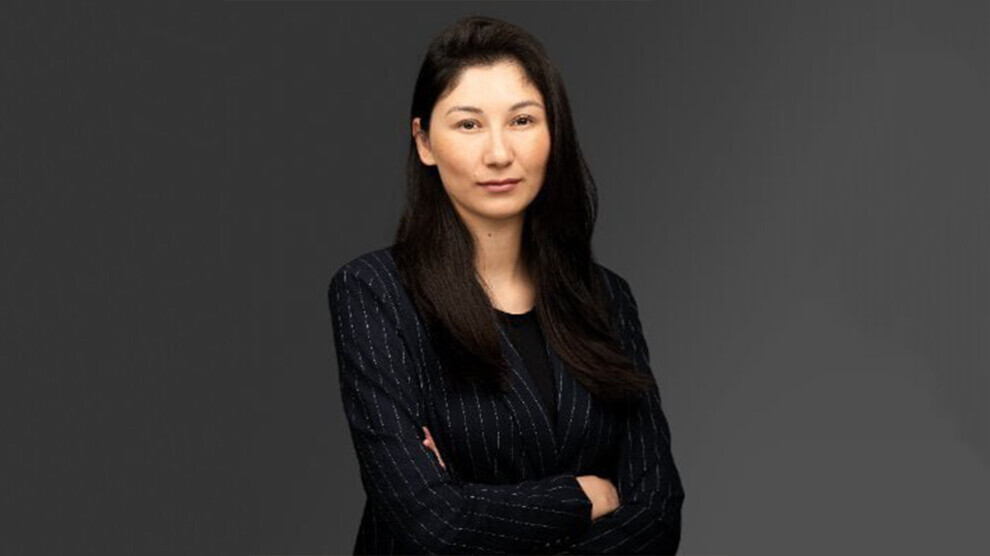Four years after Taliban’s takeover: Women, girls face severe restrictions
The fourth anniversary of the Taliban takeover is a grim reminder of the gravity of Taliban’s abuses, particularly against women and girls, said Fereshta Abbasi, a Researcher in the Asia division at Human Rights Watch.

News Center- Fereshta Abbasi, a Researcher in the Asia division at Human Rights Watch (HRW) posted a video on the social media platform X on Monday to mark the fourth anniversary of the Taliban’s return to power in Afghanistan, criticizing the Taliban’s ongoing restrictions against women and girls.
“Since the Taliban’s takeover of Afghanistan in August 2021, the country has been experiencing one of the worst human rights and humanitarian crises in the world,” Fereshta Abbasi said in the video message.
Nearly 23 million Afghans, more than half the population, will face food insecurity by the end of the year, she emphasized, adding, “Afghans abroad, who are deported or expelled to Afghanistan face high unemployment, a broken healthcare system and little access to humanitarian aid.”
Pointing to the restrictions faced by women and girls in the country, she said, “Women and girls face severe restrictions on education, employment and freedom of expression and movement.”
Human Rights Watch, the UN and others have documented extrajudicial killings and enforced disappearances, arbitrary detention, torture and other ill-treatment of former government employees.
“The fourth anniversary of the Taliban takeover is a grim reminder of the serious and widespread abuses in Afghanistan, but it’s also a call for action,” Fereshta Abbasi said, calling on all governments to end “the forced return of Afghans” and ensure that “at-risk” individuals have pathways to safety.
“Governments engaging with the Taliban should press them to end their abuses against women and girls. The UN Human Rights Council should immediately establish a comprehensive accountability mechanism for Afghanistan to investigate, collect, and preserve evidence of grave abuses, and complement the vital work of the UN’s human rights expert on Afghanistan.”
